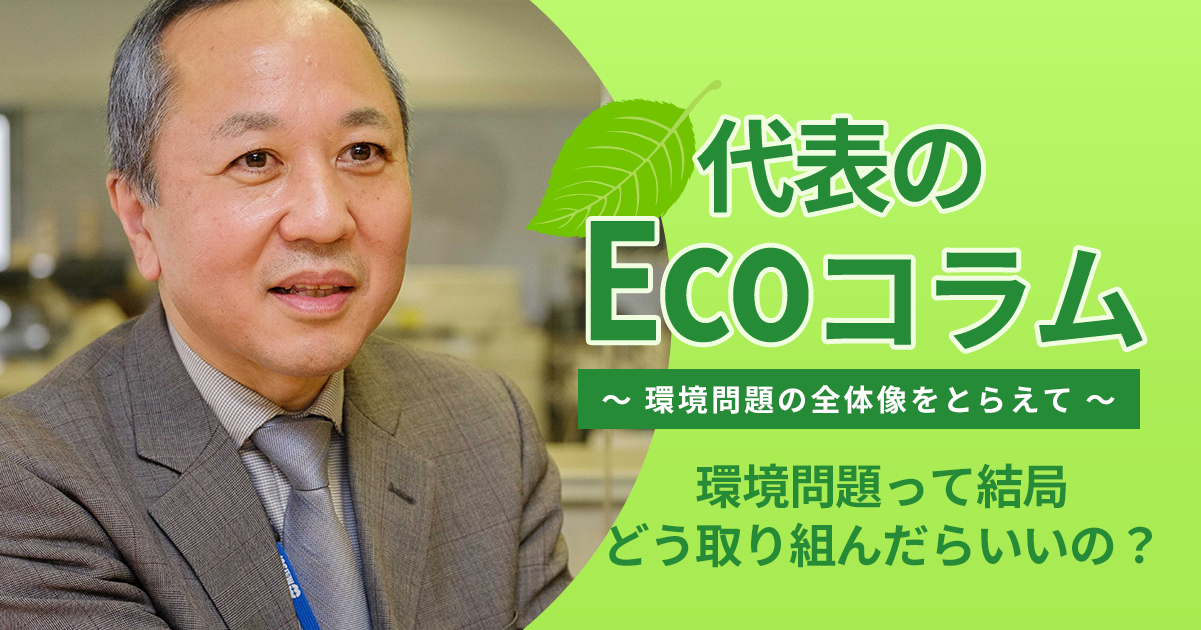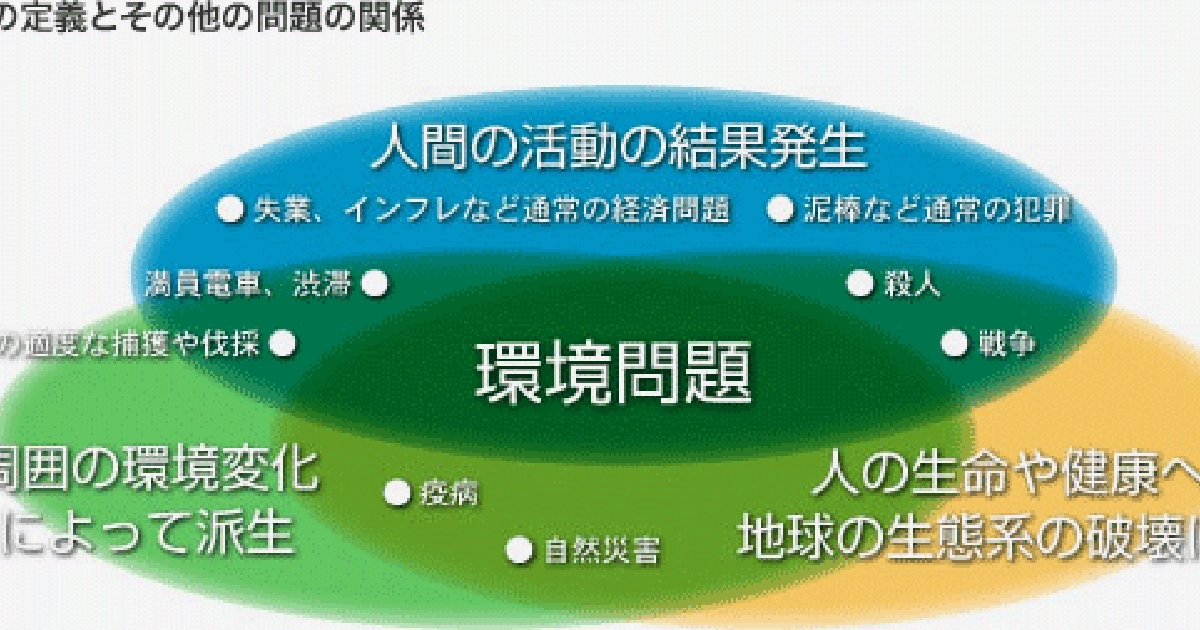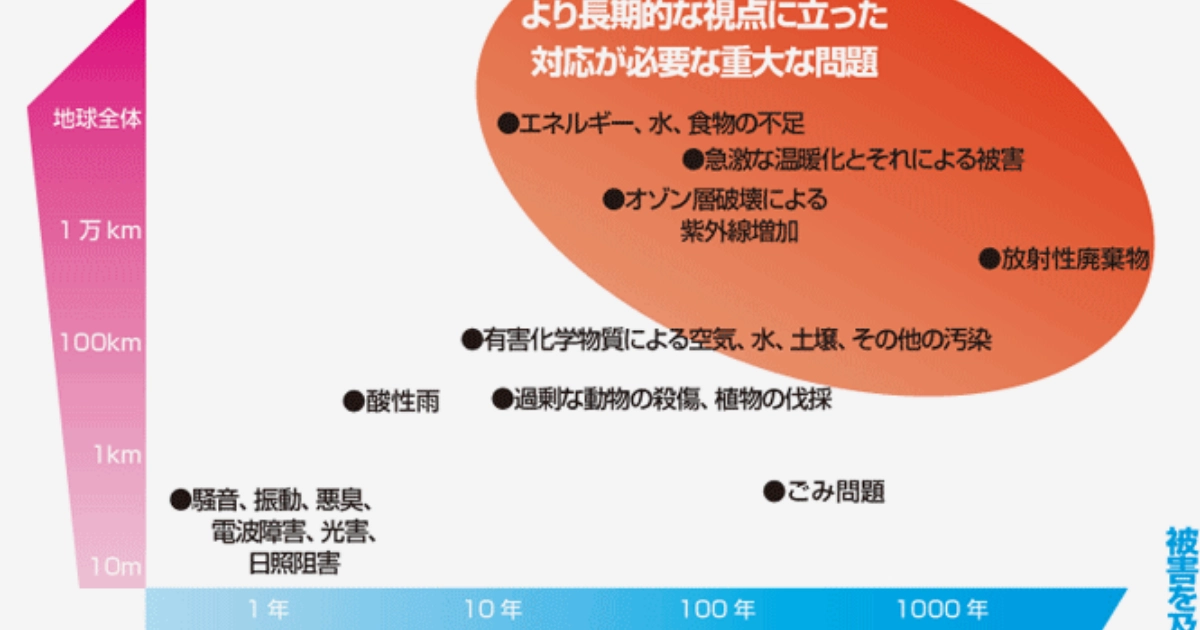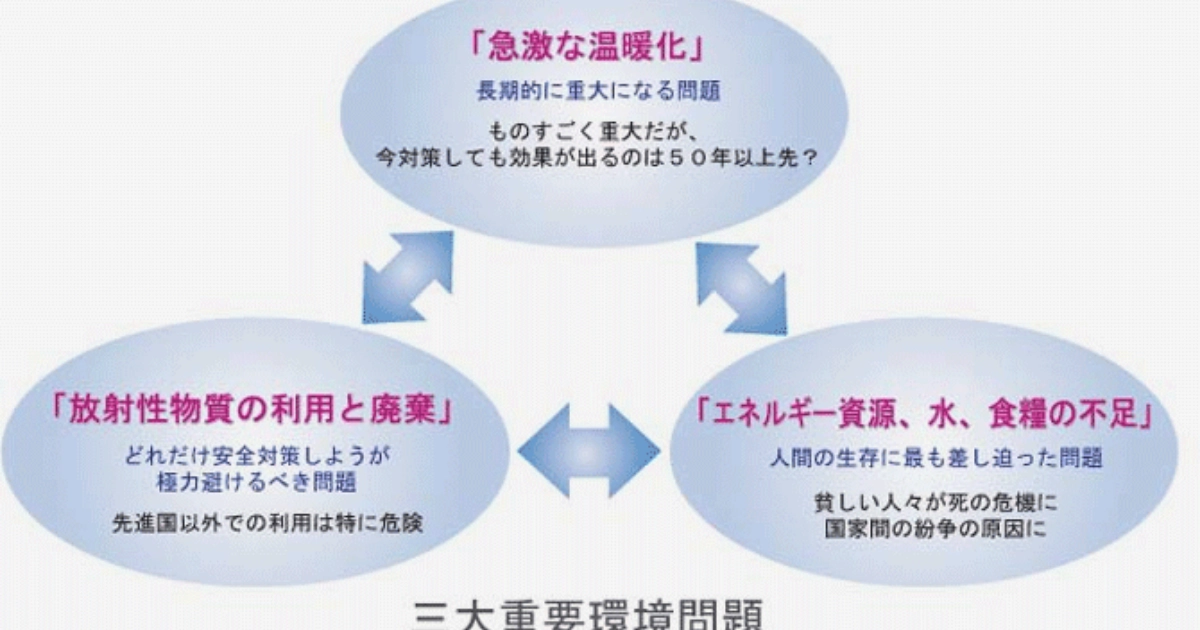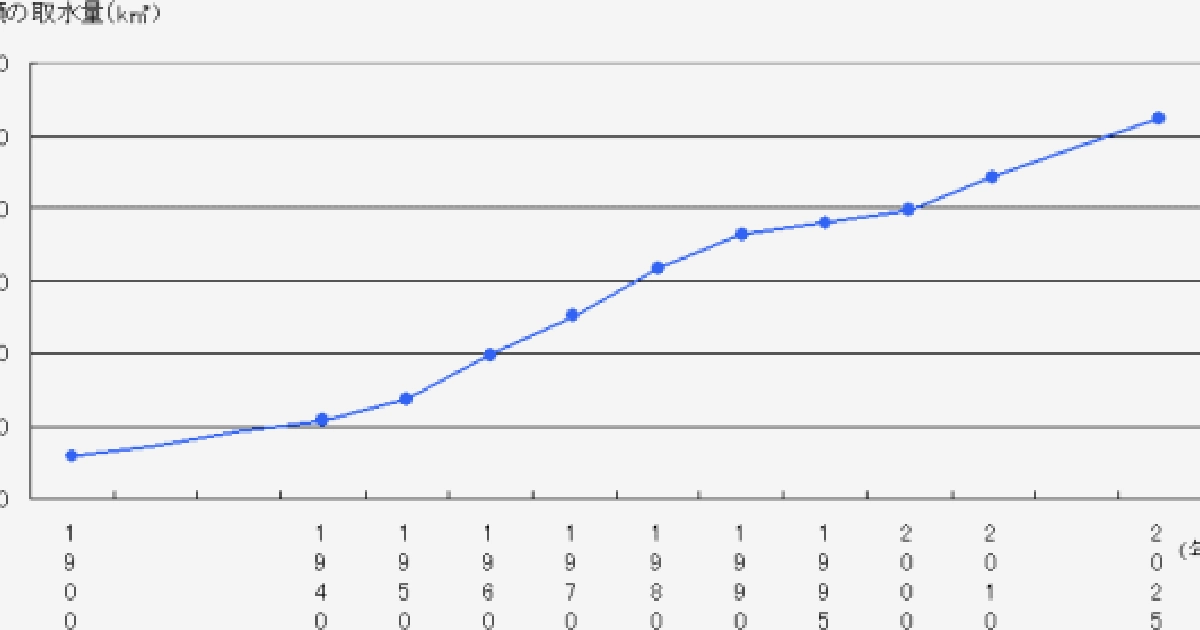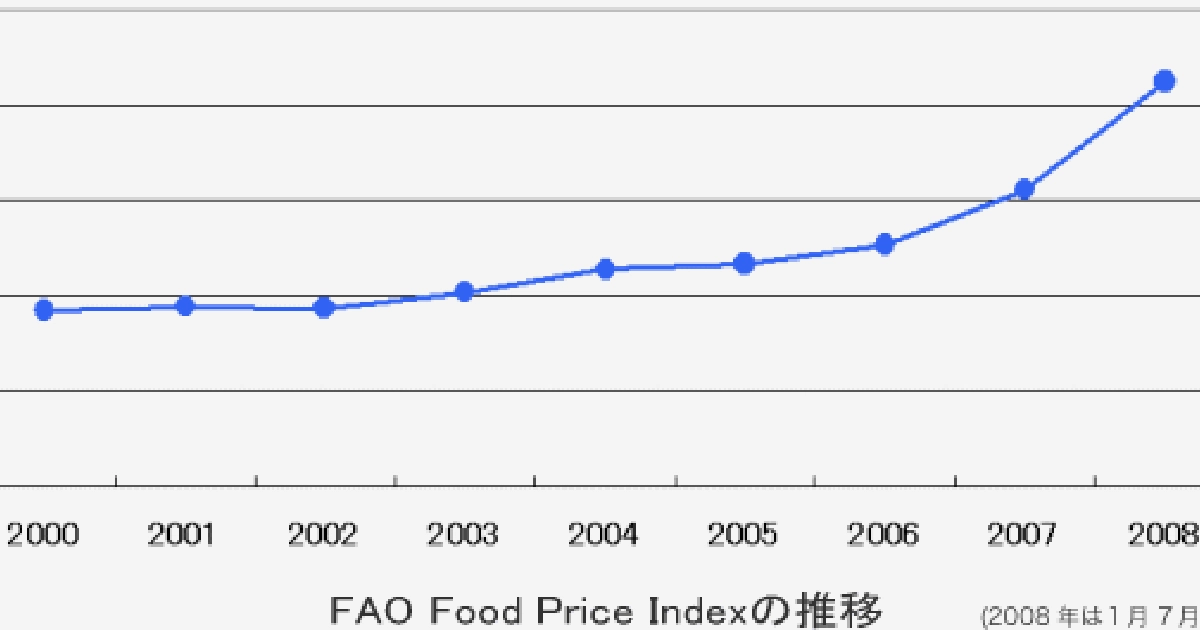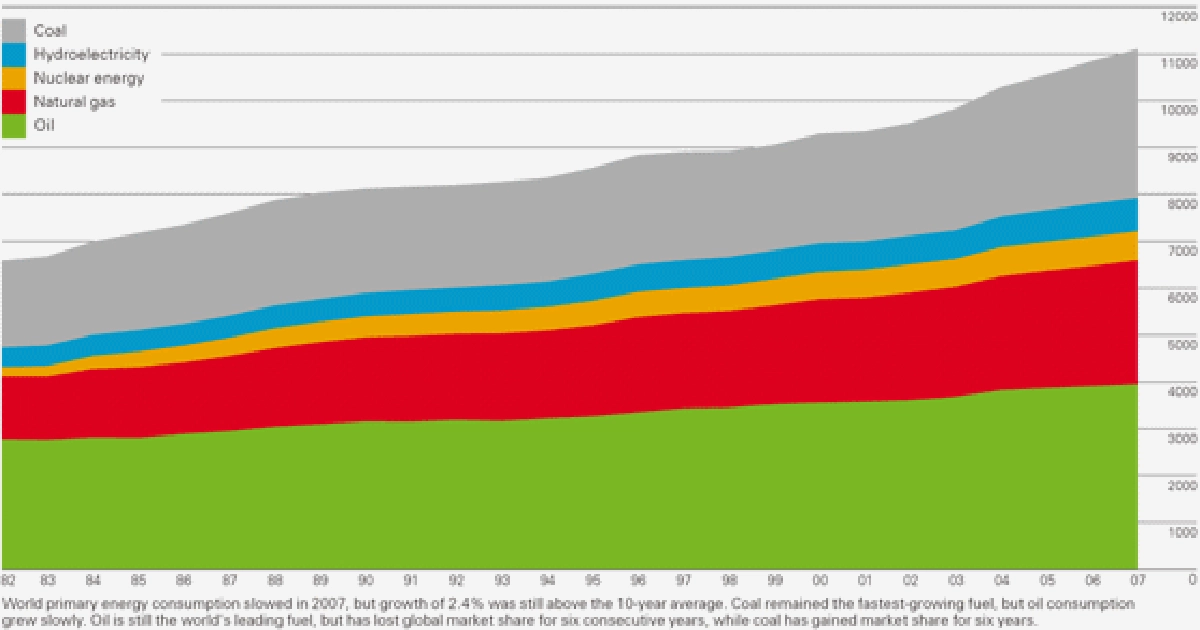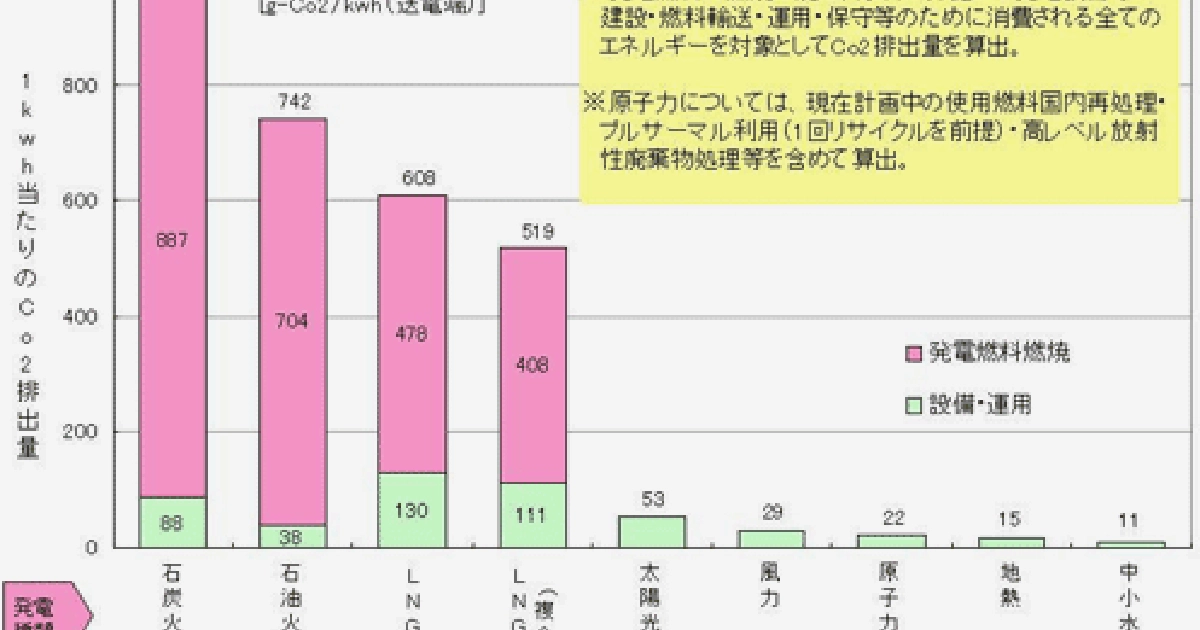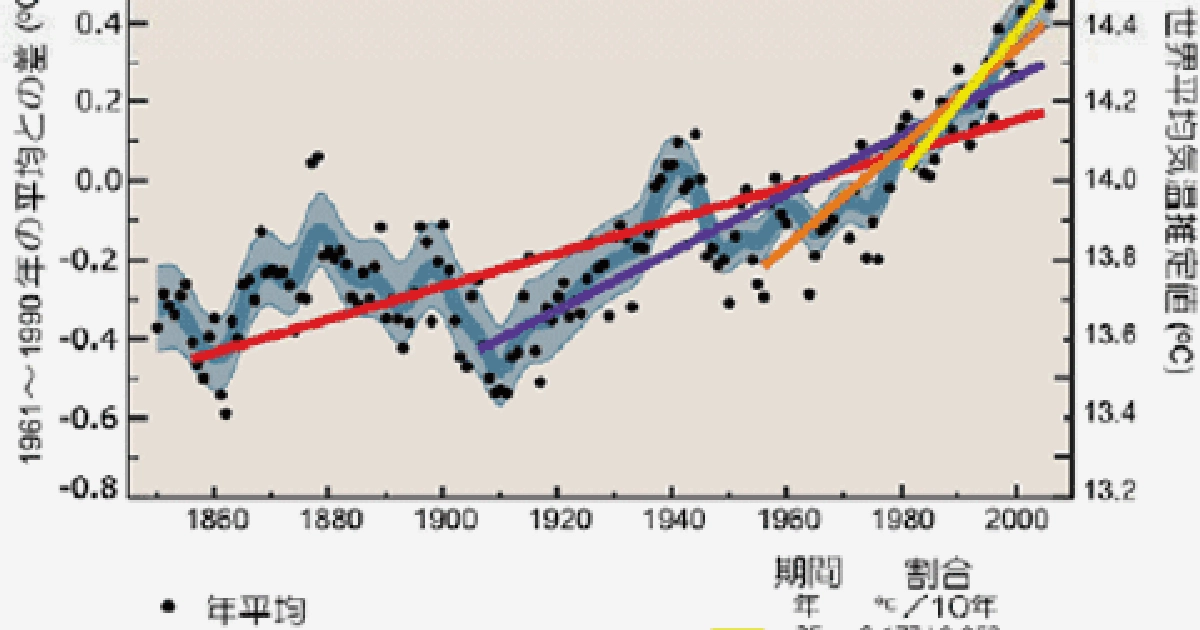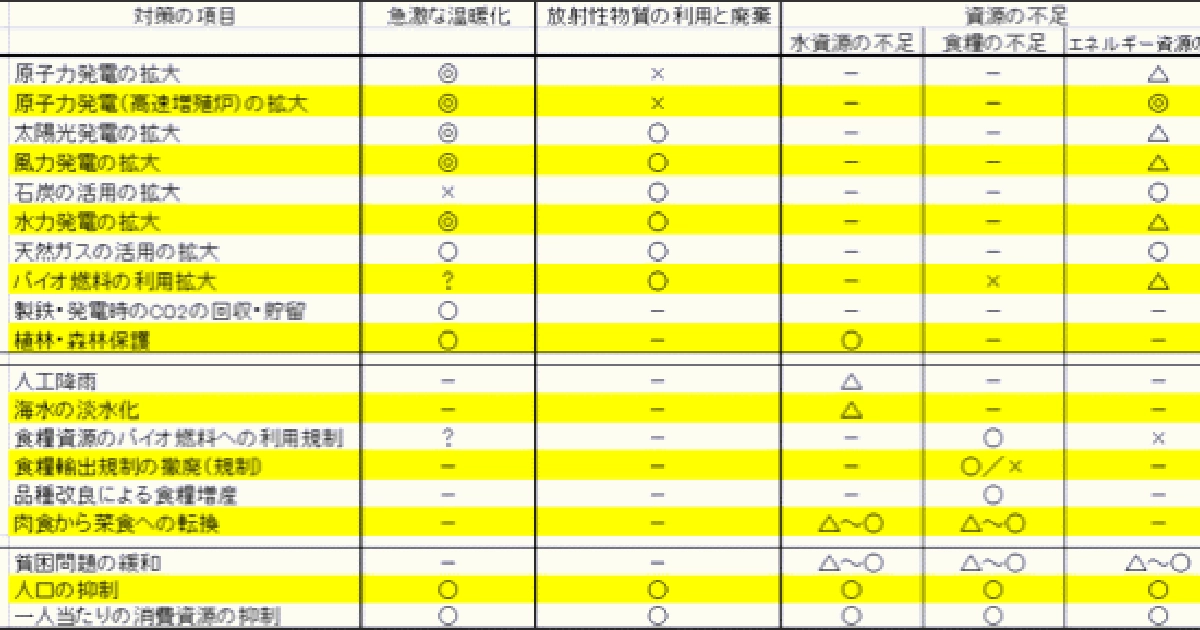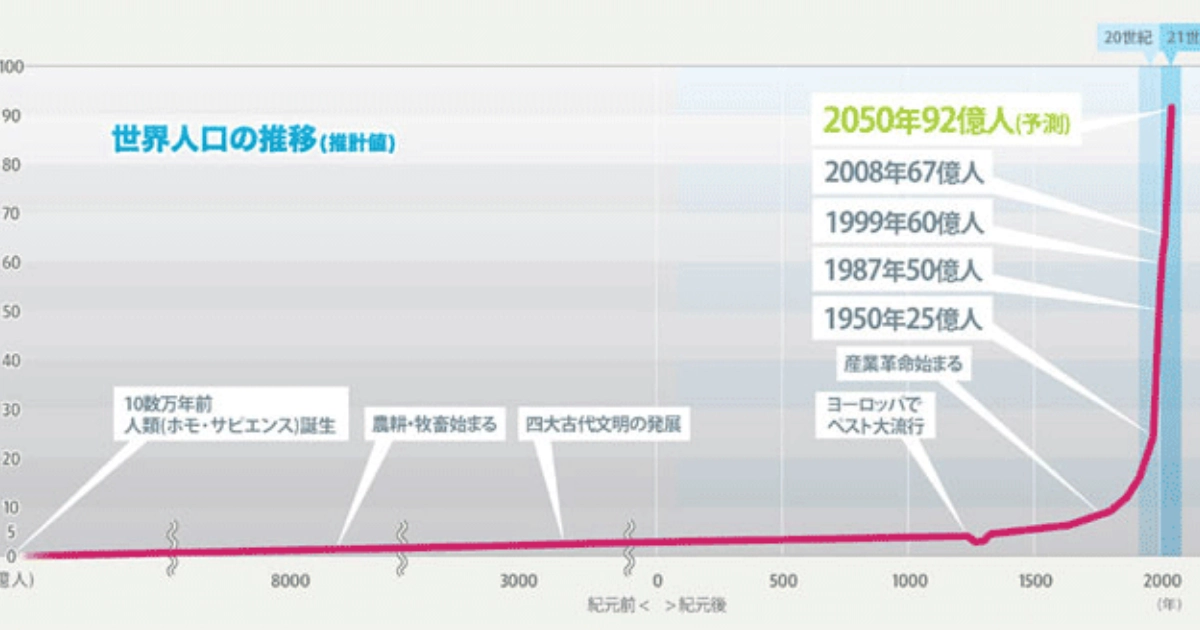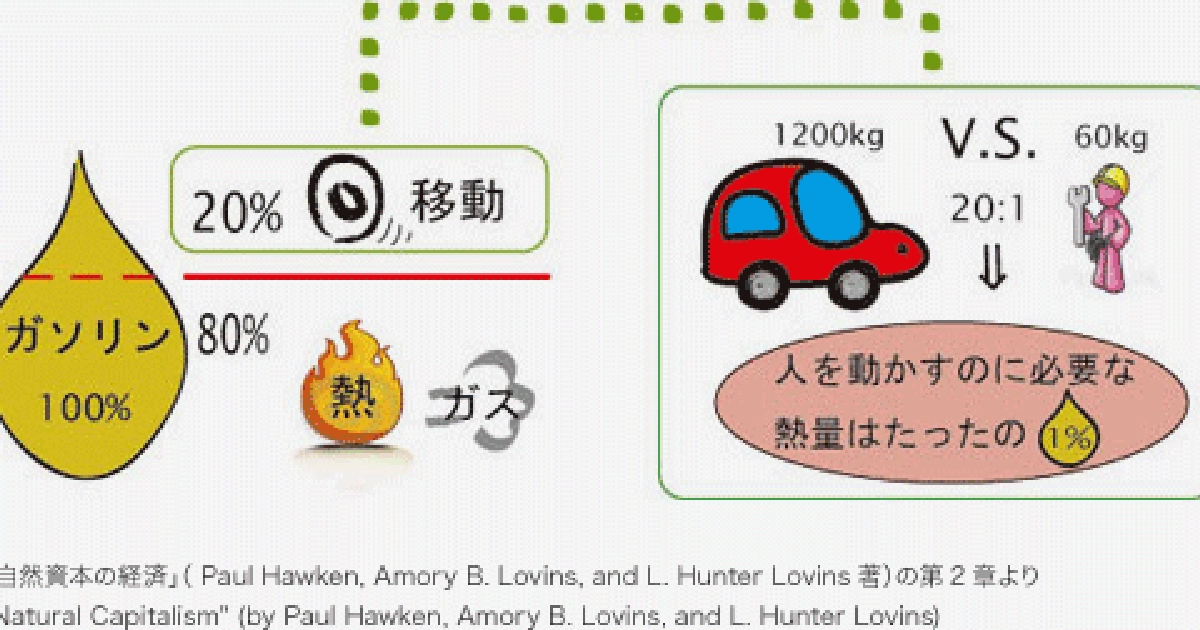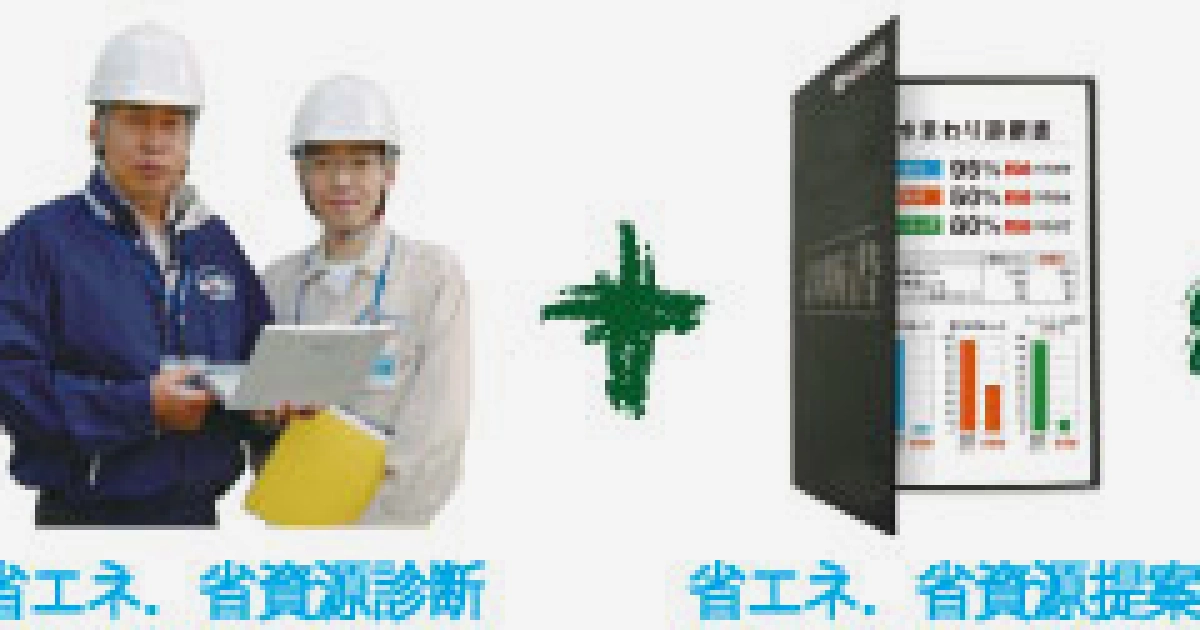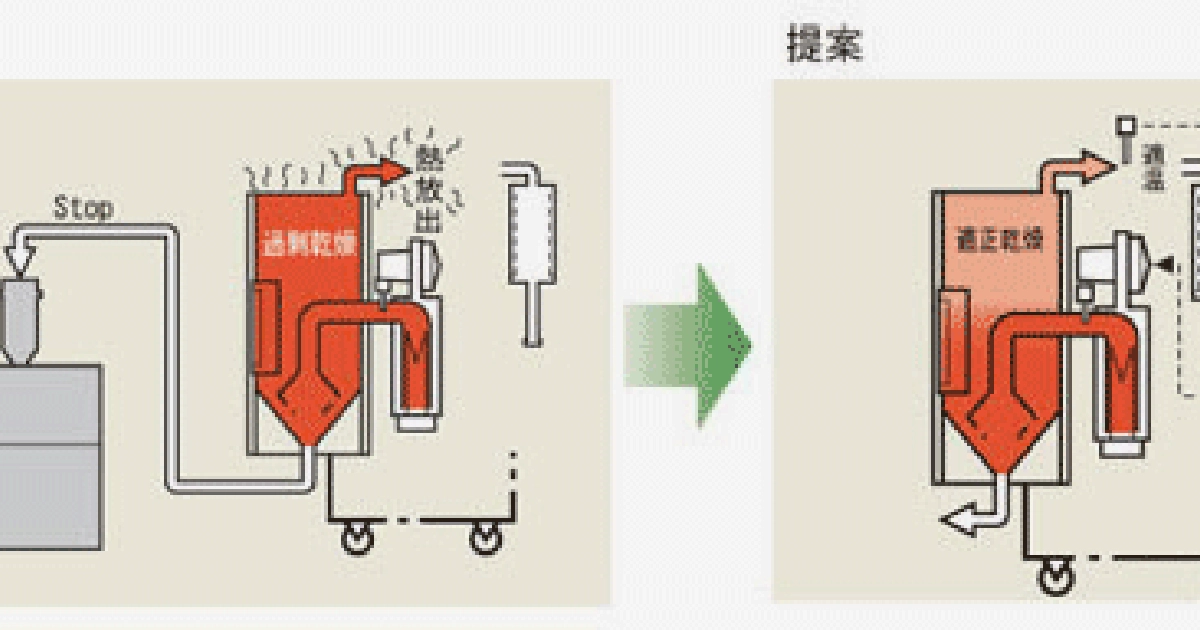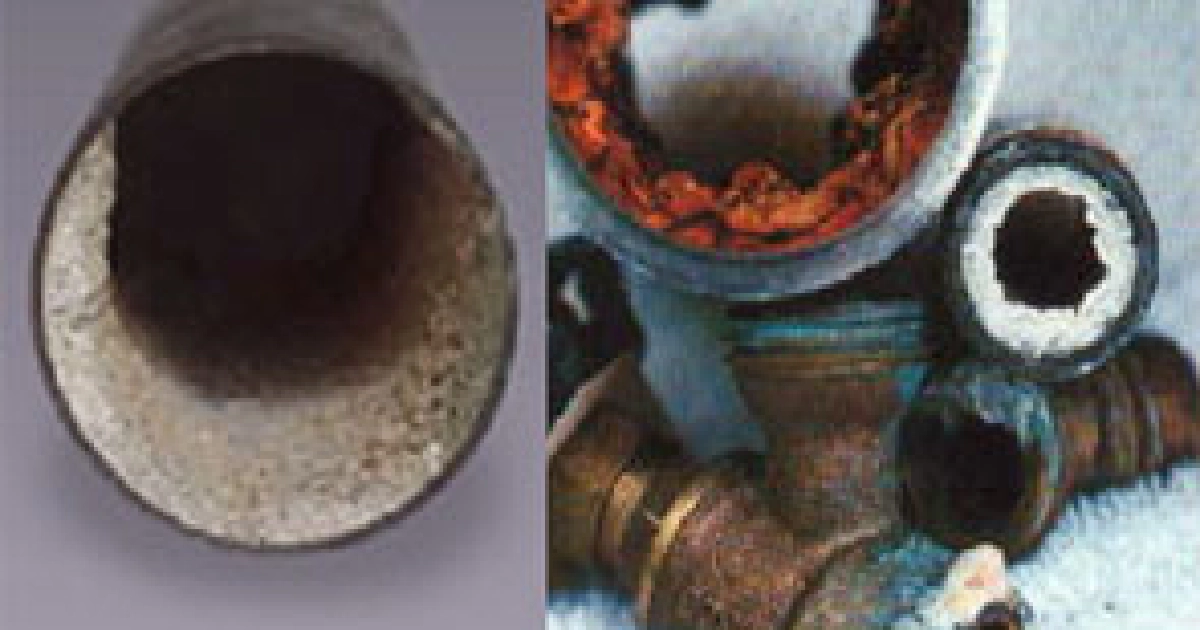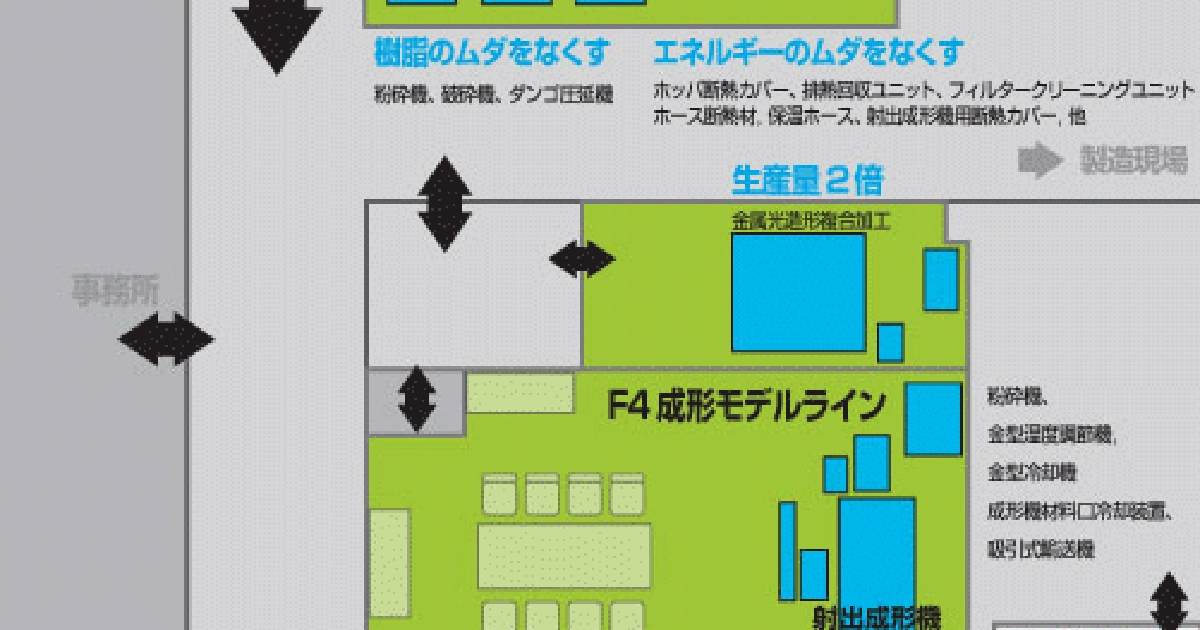Representative's Green Column
15. Change from "owning" to "using"
2009.06.15
In the previous column, in order to realize factor 4, it is necessary to save energy and resources for various Equipment and processes, and to thoroughly implement the 3Rs. Furthermore, it is natural to "own things". He stated that the direction of shifting to the direction of "using services only when necessary" could bring about a dramatic improvement in resource productivity.
This time, I would like to talk a little more about this shift from "owning things" to "using services."
From “owning things” to “using services”
More specifically, there are two aspects to "owning goods" to "using services". (1) From ownership to sharing or rental From the user's point of view, instead of paying to own 100% of the property, you pay only for the amount used (or the right to use) by sharing or renting. It is to change to the method. (2) From the standpoint of a Maker that makes things from the Maker to the service provider, buys the thing itself, and receives the price, it provides the services and functions that the user wants to realize by using the thing, and the service. And get money for the function.
These two are changes when looking at the same thing from the user's and provider's perspectives, and they say the same thing.
Concrete example from "owning things" to "using services" Private car → car rental/car sharing
I think most private cars are actually driven for only an hour or two in a day. In other words, 90% of the 24 hours a day are simply parked in the parking lot. It's almost like buying a car to keep it in the parking lot. Moreover, we are paying to secure a parking space. Isn't this kind of usage too wasteful for things that are made using a lot of resources such as automobiles?
Car rental and car sharing are services that have the potential to dramatically reduce this waste. Both are services for paying a fee and using a car only when necessary. The difference between the two is that rent-a-car is a service used by an unspecified number of people, and is a service that can only be used by members who have registered in advance for car sharing.
In any case, by changing from owning a car to using the car only when necessary, the total number of cars will be reduced and costs will be incurred each time the car is used. There is a possibility that the cost burden on users will be reduced and the wasteful consumption of resources will be dramatically reduced due to the effect of suppressing excessive use of automobiles by raising awareness of cost comparison with buses, etc. .. Selling air-conditioning equipment → Warmth and coolness service
Customers who purchase air-conditioning equipment are not really looking for air-conditioning equipment, but for "coolness" and "warmth" itself. I don't buy a machine because I want it. With that in mind, instead of the business of selling air-conditioning equipment, the business of providing "coolness" and "warmth" emerges. So, what is the impact on resource productivity if we make a business that provides "coolness" and "warmth" and receives a fee for it?
As long as your business is to sell equipment, we will try to get as many machines installed as possible. However, in businesses that charge for services, we strive to provide "coolness" and "warmth" with as little equipment as possible, with as little running cost as possible, that is, with as little Power as possible. Become. In other words, the equipment vendors themselves will endeavor to thoroughly eliminate wasteful equipment and Power, which in turn will lead to a reduction in wasteful consumption of resources. Furthermore, the idea is that a company that used to be an air-conditioning equipment company will expand the scope of its business to provide "coolness" and "warmth", such as heat insulation of buildings and replacement with lighting that generates less heat. Will also be connected.
In fact, the American carrier company, which is a global air conditioner manufacturer, seems to be embarking on such a "coolness providing service" business. Other examples
Dow Chemical Co., Ltd. and others provide "a service of leasing organic solvents and collecting them after use" rather than "selling organic solvents". In fact, no one wants to own an organic solvent. As a user, I would be grateful if you could collect it after using it, and Dow Chemical Co., Ltd. can reuse the collected items.
Interface, Inc., located in Atlanta, USA, has changed from "carpet sales" to "a service of covering the floor with tile carpet". The carpet is owned by the company and undertakes cleaning and maintenance, with customers paying a monthly fee. Check the tiled carpet for damage every month and Replacement only those that are worn out of the standard. And the worn tile carpet is reused to make a new tile carpet. As a result, the amount of carpet Replacement has been minimized, and the Replacement carpet has been reused, achieving a significant improvement in resource productivity.
Similar to the examples given so far, it seems that almost all businesses that sell goods can be transformed into service-providing businesses if they change their mindset. And I think that such a shift can be expected to eliminate wasteful use of resources and dramatically improve resource productivity as a whole.
In the next column, I would like to talk about the relationship between MATSUI 's business and factor4.
June 15, 2009 Hironobu Matsui

